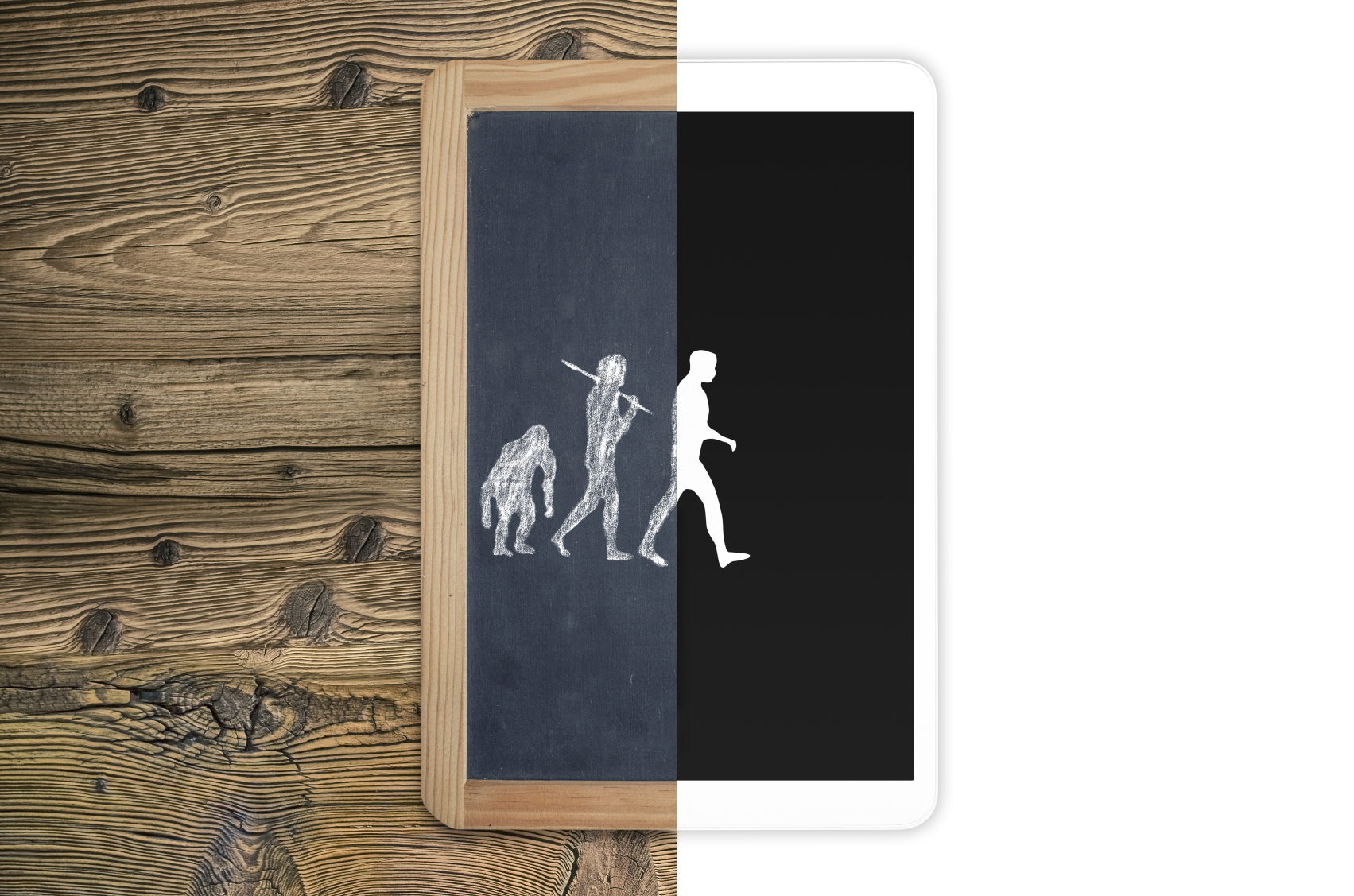


Pilot program of the US Patent and Trademark Office (USPTO) allows amendments to the identifications of goods and services in trade mark registrations due to technology evolution
September 25, 2015
Categories:
Beitragsdatum:
25. September 2015 - 9:20
On 1 September 2015, the USPTO launched a pilot program allowing, in some circumstances, the amendments to identifications of goods/services in trade mark registrations that would otherwise be beyond the scope of the current identification. Such amendments are only allowed where they are considered necessary because technological developments has changed the manner or medium by which the underlying content or subject matter of the identified products and services are offered for sale or provided to consumers.
Requirements and procedure
- Amendments are permitted upon petition to the Director of the USPTO under Trademark Rule § 2.146. All requirements must be met and a fee must be paid. Amendments will not be permitted prior to a trade mark application during the pilot period.
- The petition procedures only apply to amendments considered to be beyond the scope of the current identification. For example: A petition is not necessary for an amendment from “newsletters in the field of accounting” in International Class 16 to “providing on-line newsletters in the field of accounting” in International Class 41. Regardless of the change in classification, the amendment falls within the scope of the original wording, and would be permitted under current practice.
- The petitioner must request a waiver of the “scope” rule under Trademark Rule § 2.173 (e), which prohibits amendments to the identification of goods and services in a registration.
- Amendments will only be permitted where the petitioner is no longer able to show use of the mark with the goods/services in their original form due to evolving technology. The petitioner must submit an example showing that the mark is still used on other goods/services reflecting the evolved technology, and that the underlying content or subject matter remains unchanged. The petitioner must also declare that in the absence of an amendment, he would be forced to delete the original goods/services from the registration and thus lose protection for the underlying content or subject matter.
- If the petitioner continues to use the mark with the goods/ services in their original form, a new trade mark application may be filed in order to seek registration for the evolved goods/Services.
- Amendments that alter the classification of goods and services or that change the identification from goods to services (or vica versa) are not excluded from consideration. However, the proposed amendment must comply with all applicable rules and requirements.
- U.S. registrations under § 66 (a) of the Trademark Act are based on the underlying international registration for a period of five years from the international registration date. Therefore, the scope of international registration must be included in the assessment of the acceptability of the amendment. Registrations under § 44 (e) of the U.S. Trademark Act exist, on the contrary, independently of the underlying foreign registration. Thus, the scope of the foreign registration will not be taken into consideration when determining acceptability of the amendment.
- In order to reduce the possibility of third-party harm, the USPTO will post a non-exhaustive list of acceptable amendments under the new practice on its website. This will be updated regularly as amendments are permitted. Interested parties can comment on the proposed changes for 30 days after publication. These comments will be taken into consideration when assessing the third-party harm aspect of the petition.
- The petitioner must additionally declare that it will not file an affidavit or declaration of incontestability under §15 of the Trademark Act, as to the evolved goods or services for a period of at least 5 years from the date of acceptance of the amendment.
- The duration of the pilot program is not fixed, but depends on the volume of requests.
- At the end of the pilot period, the Office will assess whether such amendments should be permitted on a permanent Basis.
- “Phonograph records featuring music” in International Class 9 to “Musical sound recordings” in International Class 9.
- “Telephone banking services” in International Class 36 to “On-line banking services” in International Class 36.
- “Entertainment services, namely, an ongoing comedy series provided through cable television” in International Class 41 to “Entertainment services, namely, an ongoing comedy series broadcast via the Internet” in International Class 41.
- “Downloadable software for use as a spreadsheet in the field of accounting” in International Class 9 to “Providing on-line non-dowloadable software for use as a spreadsheet in the field of business management” in International Class 42.
- “Printed magazines in the field of finance “ in International Class 16 to “Providing on-line magazines in the field of finance” in International Class 41.
- “Video game tape cassette and video game cartridges” in International Class 9 to “Video game discs and video game cartridges” in International Class 9.
Related
- "Neuschwanstein" is not a trademark!
- 14 June 2013: Munich Patent Law Conference - Calculating Damages in Patent Infringement Cases
- 15 Top Brands - Interactive Brand Rating - Years 2000 - 2018
- 2014: Statistics for Community Trademarks
- 27 June 2014: Munich Patent Law Conference – Burden of Pleading and Proof in Patent Infringement Cases
- 3D-Trademark Protection for layout of Apple Stores
- 40th Anniversary of the European Patent Convention (EPC)
- A backpack shape as a 3D trademark – a BoA decision of the EUIPO
- A case of „Bounty“ hunting in Germany
- A new report on the economic impact of counterfeit trade published by OECD and EUIPO

